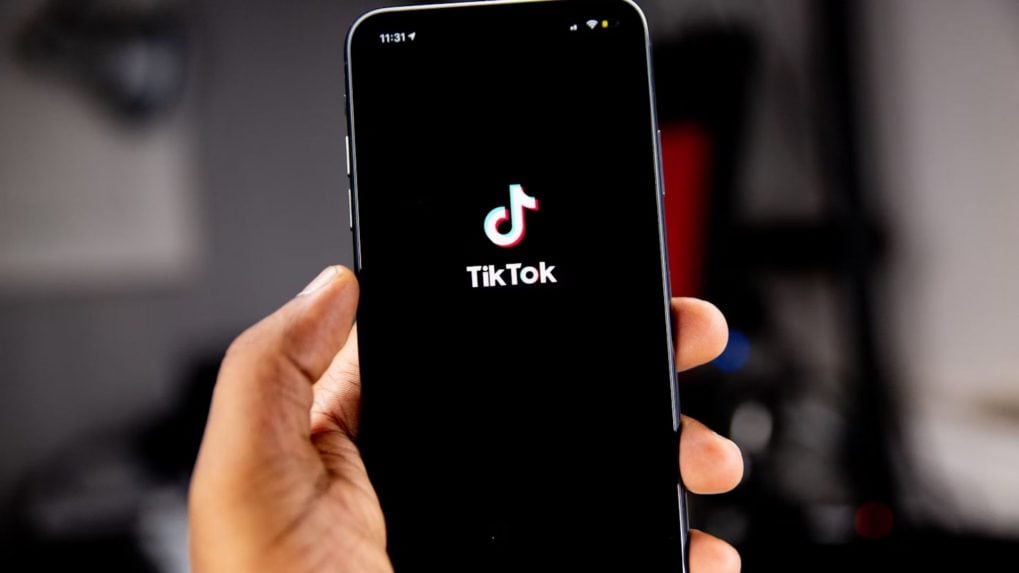Meta and TikTok challenge supervisory fee in major EU court
Under the DSA, enacted in 2022, the European Commission charges 18 major tech companies, including Meta and TikTok, a supervisory fee equating to 0.05% of their annual worldwide net income.
ADVERTISEMENT
Meta Platforms and TikTok have escalated their legal battle against European Union tech regulators, challenging the supervisory fee imposed on them under the Digital Services Act (DSA) in Europe's second-highest court on Wednesday, Reuters reported.
Under the DSA, enacted in 2022, the European Commission charges 18 major tech companies, including Meta and TikTok, a supervisory fee equating to 0.05% of their annual worldwide net income. This fee in intended to fund the Commission's oversight and ensure compliance with the digital rules.
Also Read: Meta’s AGI ambitions intensify as Zuckerberg bets big on scale AI talent
Meta argued that while it does not oppose paying a fair share, it strongly objects to how the Commission calculates the fee. According to Meta's lawyer, Assimakis Komninos, the Commission wrongly based its levy on the group's total revenue instead of focusing specifically on the subsidiary directly regulated.
Komninos described the method as opaque and "absurd," adding that the company still doesn't clearly understand how the fee amount was determined, the report added.
TikTok echoed these criticisms. Bill Batchelor, representing ByteDance-owned TikTok, argued the Commission's approach employed inaccurate data, discriminatory practices, and even double-counted user figures.
TikTok also accused regulators of exceeding their authority by setting a fee cap based on group profits rather than individual platform performance.
Responding to these claims, European Commission lawyer Lorna Armati defended the use of group profits, emphasizing that consolidated financial accounts reflect the broader resources available to a company. Armati maintained that the methodology was transparent, compliant with legal standards, and fair, the report added.
The General Court of the European Union is expected to deliver its judgment on the case next year.
Also Read: TikTok fined 530 million euros by EU privacy watchdogs over China data transfer case


